A new report from the Conference Board of Canada’s Centre for the North says that an Indigenous-owned hydroelectric project in Atlin, B.C., is an “excellent example” of how infrastructure projects can benefit First Nations.
“Ultimately, there was a very strong … link between the community’s ownership and operation of the project, and community health and well-being,” said Stefan Fournier, a director with the Conference Board of Canada.
For the last 12 years, the Taku River Tlingit First Nation has owned and operated a 2.1 MW hydro station, which saves the community an estimated one million litres of diesel fuel every year.
The plant generates roughly $450,000 a year in financial benefits, which has been largely reinvested in the community. But the upsides have been broader than money alone.
The centre’s case study on the project is intended to explore how it affected other determinants of health, like education, community programming and the environment.
Empirical data on small communities’ health and wellness is spotty across Canada, so researchers instead relied on roughly 50 interviews with local residents and leaders gathered during a trip to Atlin in 2019.
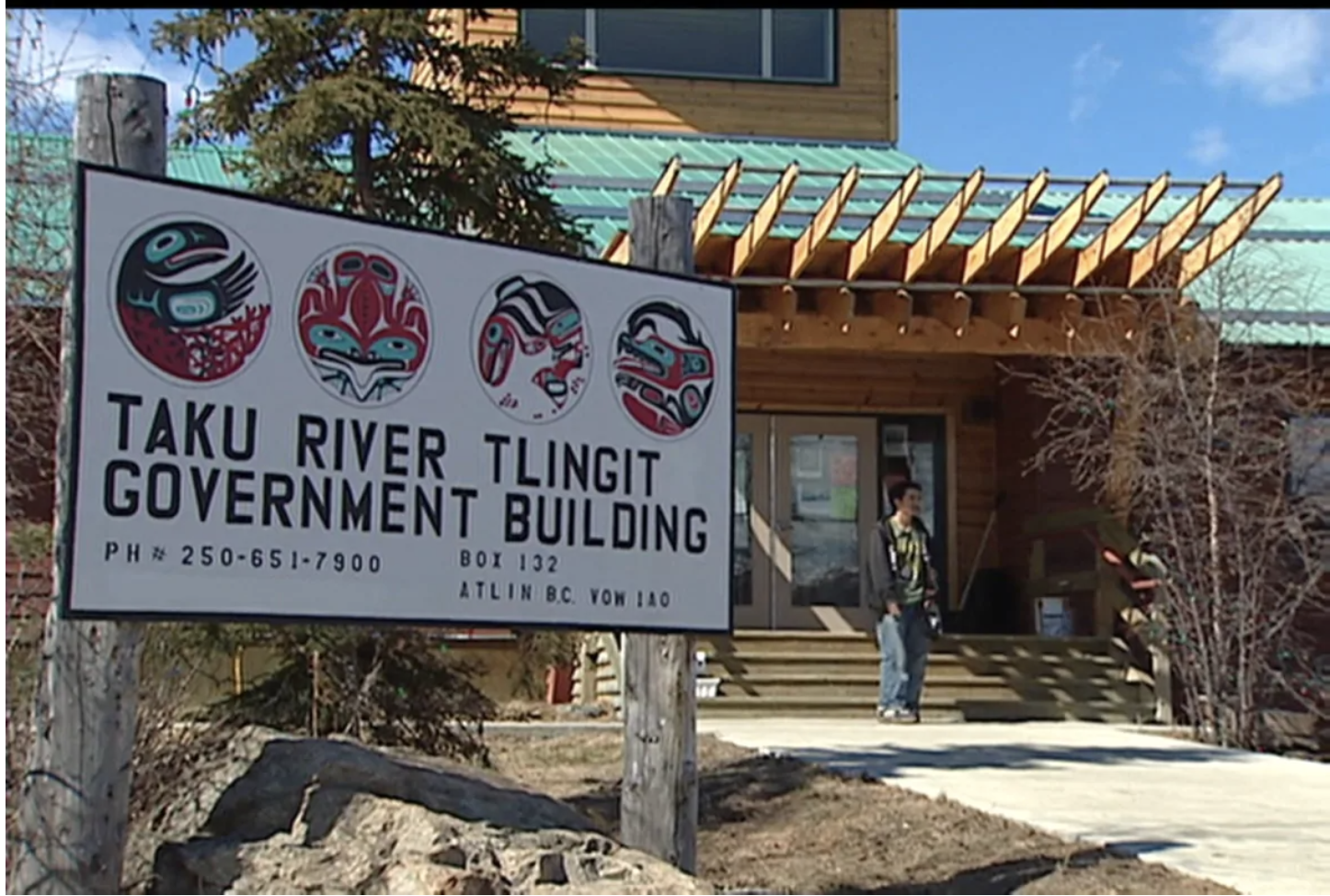
“As a result of their work and ownership, the Taku River Tlingit First Nation is becoming an established expert in Indigenous clean energy projects,” the report reads.
More importantly, “many Taku River Tlingit residents feel the hydro project was an important first step to gaining control of their community’s future,” reads the report. “Its completion translated into a renewed sense of pride in being Tlingit.”
“I am incredibly proud that we completed that project,” Susan Carlick, a First Nation resident, says in the report. “This work has demonstrated to me how capable we are.”
Barriers overcome in financing, community capacity
The Atlin project is just one example of a nationwide trend. For more than a decade now, Indigenous communities have been investing heavily in clean energy projects as a means of job creation and self-determination.
In 2019, the report notes, Indigenous communities owned 45 per cent of nearly 200 renewable energy projects across the country, on average.
Getting those projects off the ground can sometimes be a challenge. In Atlin, securing the necessary financial backing for the project was the first hurdle.
Most lenders had no experience working with First Nations, the report says, and the community was forced to pursue multiple public grants in a time-consuming and, at times, confusing process.
Finding skilled workers was equally a challenge, Fournier said. But the First Nation carefully managed contractors and did much of the work in-house to give local workers an opportunity to learn, building the capacity of the community for future projects.
“The value of solid leadership on the part of the development corporation should not be understated in the development and completion of the Atlin hydro project,” the report reads.
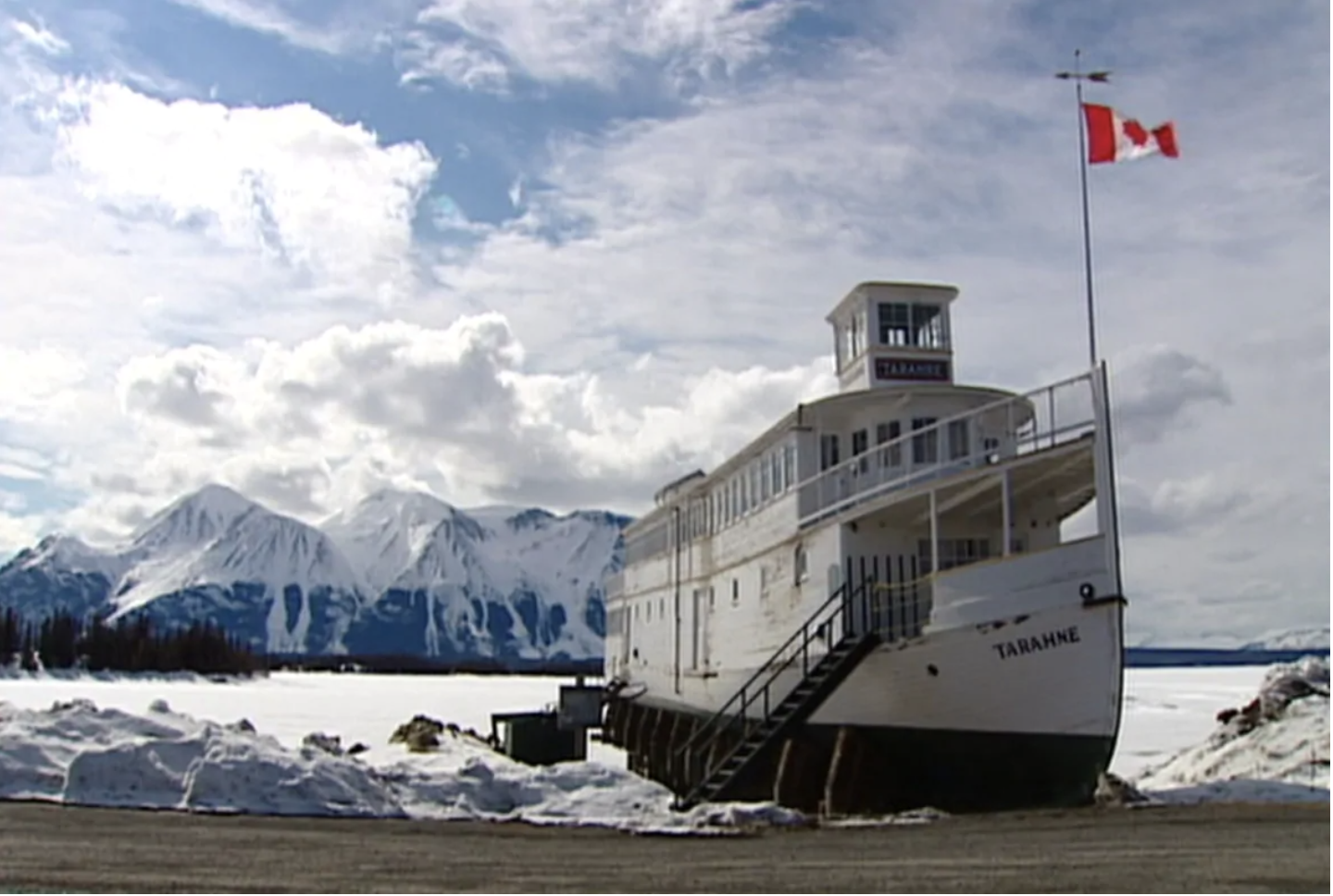
Some issues unresolved
Still, the report notes that finding staff to operate the plant remains a challenge, with many residents reluctant to take on the responsibility of keeping the lights on.
“They do not want to let down the members of their community, including their families and friends,” the report says. “Under these circumstances, technical training and skills development for these positions may not be enough. There is also a need to build self-esteem and life skills.”
Navigating local politics also remains a challenge. Plans for expansion have ruffled some feathers, and the report says the consultation process at times heightened tensions between Indigenous and non-Indigenous residents in Atlin.
Future projects in other communities may not face exactly the same issues. But evaluating their success or failure will be a challenge, the report notes, because of a lack of good data on Indigenous communities in Canada.
“Having an appropriate surveillance system at the community level—a system built in partnership with Indigenous communities—is critical to gaining a better understanding of the links between Indigenous participation in clean energy projects and community well-being,” the report reads.
“It is also imperative to moving forward, together, down the road to reconciliation.”
Source: CBC

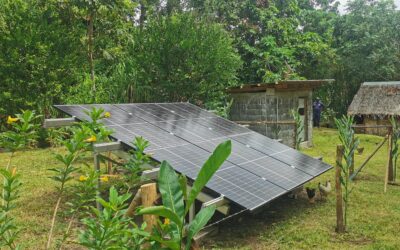
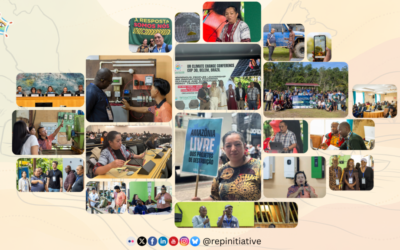
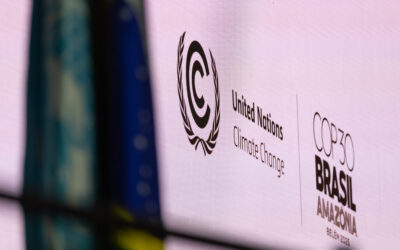
0 Comments